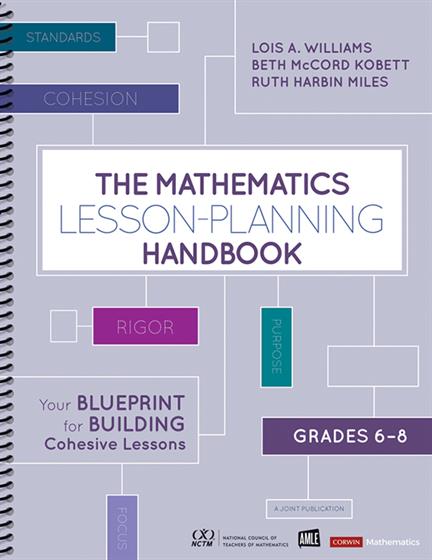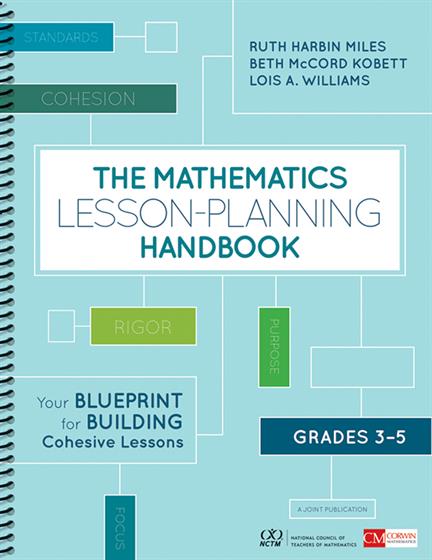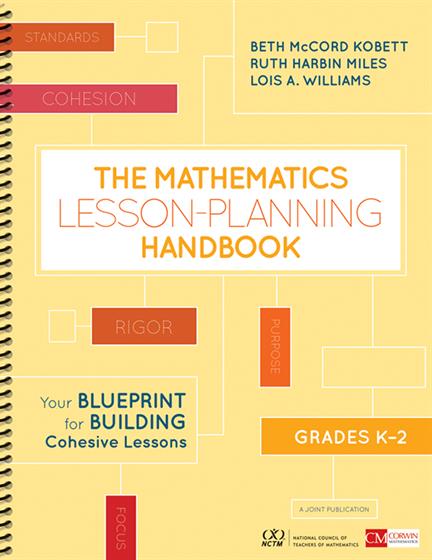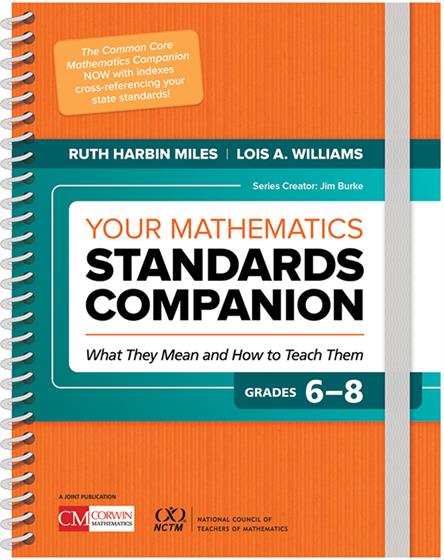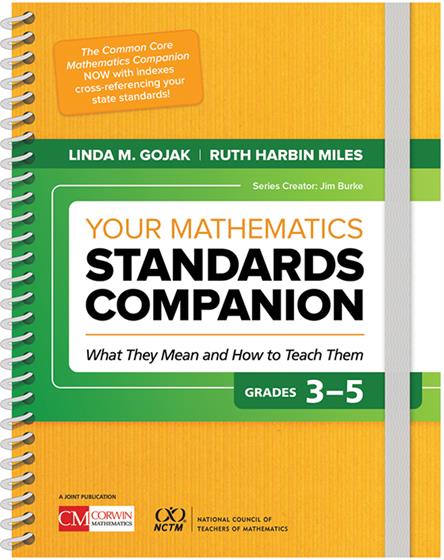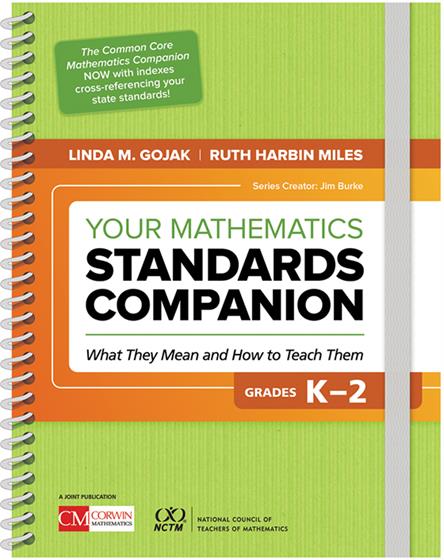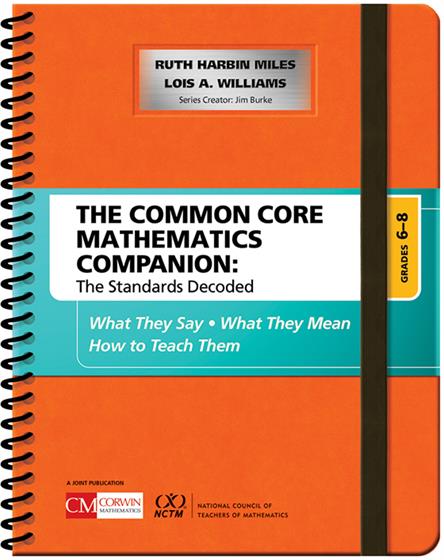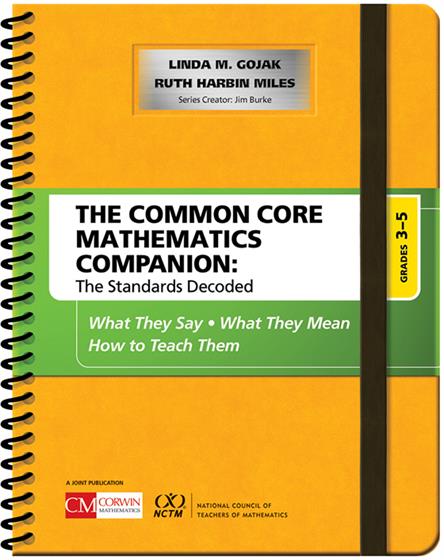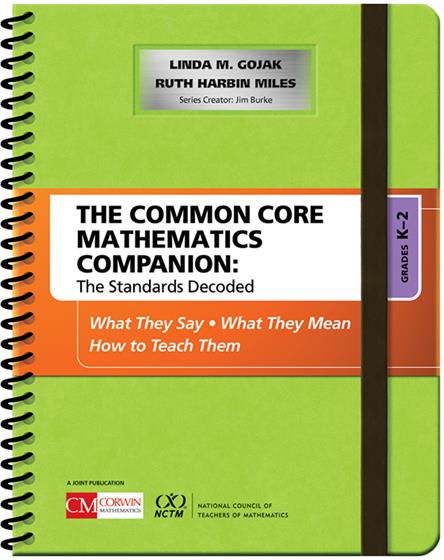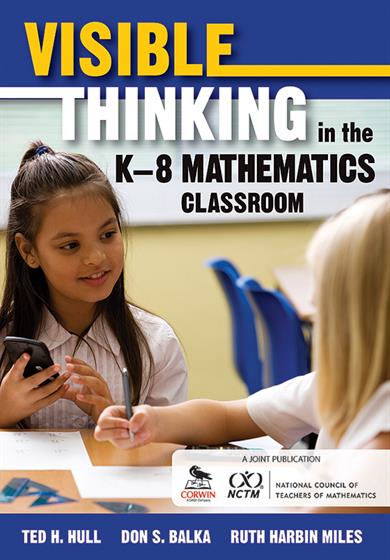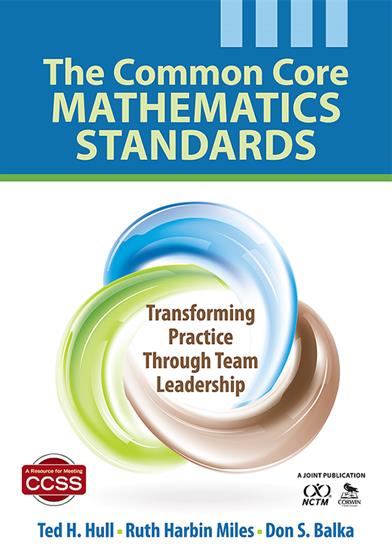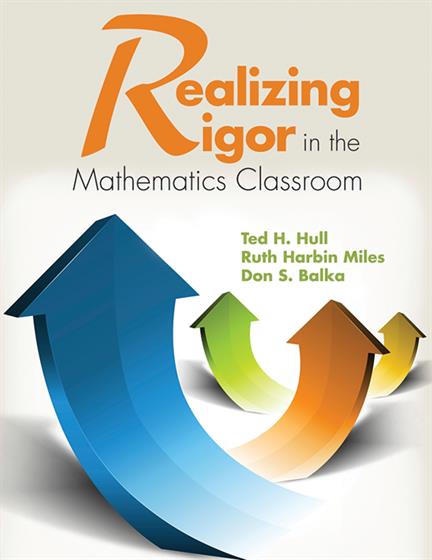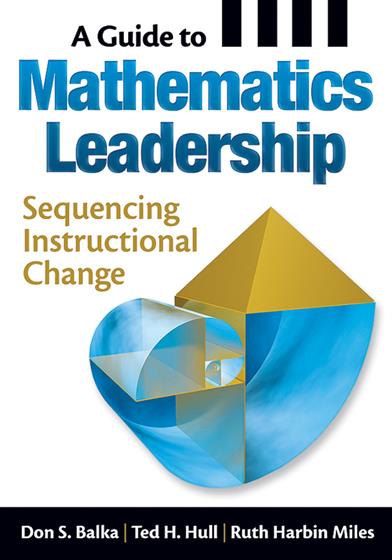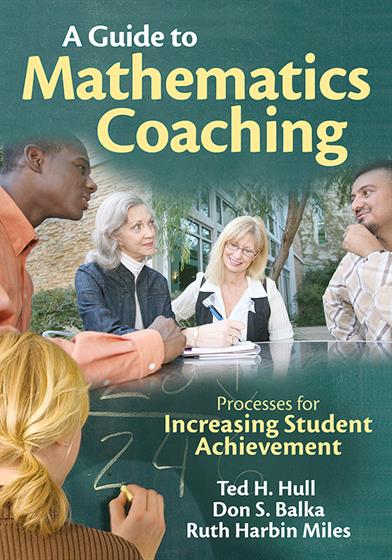
Ruth Harbin Miles
Ruth Harbin Miles coaches rural, suburban, and inner-city school mathematics teachers. Her professional experiences include coordinating the K-12 Mathematics Teaching and Learning Program for the Olathe, Kansas, Public Schools for more than 25 years; teaching mathematics methods courses at Virginia’s Mary Baldwin College; and serving on the Board of Directors for the National Council of Teachers of Mathematics, the National Council of Supervisors of Mathematic, and both the Virginia Council of Teachers of Mathematics and the Kansas Association of Teachers of Mathematics. Ruth is a co-author of five Corwin books including A Guide to Mathematics Coaching, A Guide to Mathematics Leadership, Visible Thinking in the K-8 Mathematics Classroom, The Common Core Mathematics Standards, and Realizing Rigor in the Mathematics Classroom. As co-owner of Happy Mountain Learning, Ruth specializes in developing teachers’ content knowledge and strategies for engaging students to achieve high standards in mathematics.
Expertise
- Building Math Leadership Teams
- Math Coaching
- School-Wide Common Core Implementation
- Visible Thinking in the Math Classroom
Workshops
WORKSHOPS FOR COMMON CORE STATES
For states that originally adopted CCMC and as of June 2016 perhaps updated/modified/added to and or/
renamed their standards but that are still essentially CCSS standards. In many or most cases, these are called
by a name specific to each state. States include: AL, AZ, CA, CO, CT, DC, FL, GA, HI, ID, IL, IN, IA, KS, KY, LA,
ME, MD, MA, MI, MS, MT, NV, NH, NJ, NM, NY, NC, ND, OH, OR, PA, RI, SD, UT, VT, WA, WI, WY & USDOE
Cutting to the Quick: Understanding and Teaching the Common Core State Standards for Mathematics K-2, 3-5, or K-5 (K-5 requires two presenters)
The Common Core Standards call for a balance among conceptual understanding, procedural skills, and applications. Additionally the standards for mathematical practice should be incorporated into instructional practice so that students become mathematically proficient. This workshop will help teachers better understand the Common Core Mathematics content standards, provide a variety of teaching practices that incorporate the mathematical practices, and develop formative assessment to improve student learning. This workshop can be taught for a K–5 group as well as separately for K–2 and 3–5 educators.
Cutting to the Quick: Understanding and Teaching the Common Core State Standards for Mathematics 6-8
The Common Core Standards for Mathematics (CCSS-M) instruction call for a balance among conceptual understanding, procedural skills, and applications. In this workshop, teachers will examine the content standards, what they mean and how they are connected across grades 6-8. They will engage in a variety of mathematically rich tasks that incorporate the standards for mathematical practice and are ready for classroom use.
WORKSHOP OFFERINGS FOR NON- COMMON CORE STATES
For states that did not adopt CCSS-M or have repealed and replaced with their own set of state standards.
These states include: AK, AR, IN, MN, MO, SC, TN, TX, VA, WV
Cutting to the Quick: Understanding and Teaching to Today’s Mathematical Standards K-2, 3–5, or K–5 (K– 5 requires two presenters)
Most of the current state mathematical current standards for mathematics instruction call for a balance among conceptual understanding, procedural skills, and applications. Additionally individual state’s mathematical process standards should be incorporated into instructional practice so that students form habits of mind that go beyond answer-getting to become proficient in doing mathematics. These workshops will offer practical ideas to help teachers better understand and know how to teach mathematics content, provide deeper understanding of the practices for teaching and learning mathematics, and develop formative assessment practices to improve student learning at the primary level. Audience size for 1 facilitator is limited to 40. For larger groups, an additional facilitator will be required.
Cutting to the Quick: Understanding and Teaching to Today’s Mathematical Standards 6-8
Most of the current state mathematical current standards for mathematics instruction call for a balance among conceptual understanding, procedural skills, and applications. Additionally individual state’s mathematicalprocess standards should be incorporated into instructional practice so that students form habits of mind that go beyond answer-getting to become proficient in doing mathematics. In this workshop, teachers will examine their state’s content standards, what they mean and how they are connected across grades 6-8. They will engage in a variety of mathematically rich tasks that incorporate the National Council of Teachers of Mathematics Effective Teaching Practices.
Books
This is a carousel with book cards. Use the previous and next buttons to navigate.
